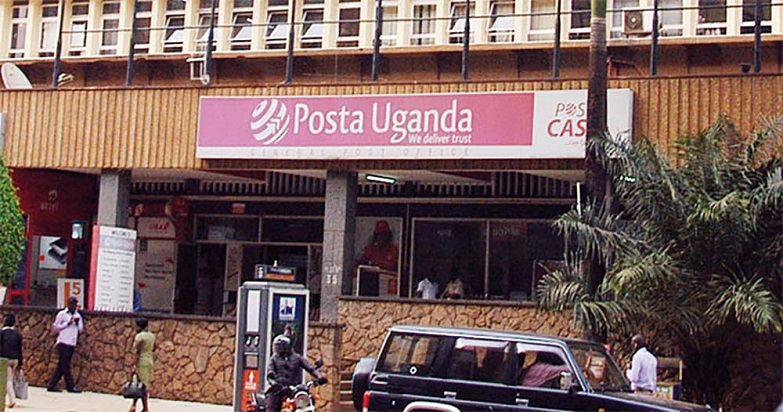A study has revealed that East African Community partner states are violating the laws establishing the EAC Customs Union, regarding the levying of taxes on investments and products produced within the region.
The differences in the national tax policies of the six countries surveyed revealed that almost all taxes levied carry rates that vary from state to state, while other countries impose taxes that are not levied anywhere else.
According to the study done by consultancy firm, KPMG and funded by Trademark Africa, a trade-facilitating non-profit company, it makes it hard for the region to be marketed as a single investment destination.
The study presented by Sabato Mwaliki, the Tax Manager, KPMG East Africa warned that different taxes and tax rates were responsible for illicit trade and discourage trade in the region as the terrain varies from country to country.
The taxes that the report names as discriminative include VAT which countries violate by setting different thresholds, different rates, different rules for different sectors, and different refund procedures.
Income tax is also named with countries setting different rates, rules determining tax the base rules on employment taxes like PAYE and Local Service as well as Social Security deductions. Others are Excise Duty which is characterized by different rates for similar products and disparities in the nature of goods to be taxed.
The report also cites the electronic tax stamps which carry different costs and the categories of goods subject vary, while South Sudan, for example, does not have it at all. Mwaliki says despite the talk, harmonization of taxes has taken too long.
Simon Kaheru, the EABC Vice-Chair called for private sector participation in the tax harmonization process and specifically called on the countries to reduce the cost of the electronic tax stamps, which in other jurisdictions, is higher that the tax itself.
Kaheru hailed the countries that were reducing this cost of the stamp but said that instead, Kenya was increasing the rate and that these dynamics affect not only the consumers but also the investors who base on tax policies to invest in the bloc.
The report widely shows that respondents said these factors are the main impediments to trade and cross-border investments.
The report’s main idea was to determine whether there is any impact on businesses by the lack of harmonization of taxes in the region.
Intra-African still lags behind other regional trading blocs in the world despite being hailed as one of the most integrated regions due to its policies.
Mwaniki says that some of the respondents named political instability and security as major hindrances to regional trade.
An EAC Customs Union is one of the four pillars of integration and was established by the EAC Customs Union Protocol, with the aim of harmonizing taxes and finally establishing a free trade zone while imports from outside the region would have the same tariffs.
Commenting on the Study on Discriminative Taxes and Harmonization of Excise Duties in the EAC, East African Business Council Executive Director, John Bosco Kalisa, said it was high time the government reviewed the significance of digital tax stamps.
He said raising taxes was impacting cross-border businesses, but that the poor people, who are the main consumers suffer more.
The report faults the partner states of violating several provisions of the regional laws that bar countries from setting deferring tax rates, while Article 83 obliges the states to harmonize their tax rates ‘with a view of removing tax distortions in order to bring about more efficient allocation of resources within the community.”
Pantaleo Joseph Kessy, Principal Economist at the EAC Secretariat says if some of these articles were followed by the partner states, even the conflicts between countries on trade would not exist.
The findings of the study show that the excise duty rates across the EAC region are generally on the high side and have a negative effect on the cost of doing business.
For example, in Tanzania, the electronic tax stamp on carbonated soft drinks costs 8,082.62 Tanzania shillings (about 12,600 Uganda shillings) per 1000 units, which translates into 12 shillings per unit.
In comparison, in Uganda, the cost varies between 13 shillings for a unit of mineral water to 135 shillings for a unit of cement, while a stamp on wines and spirits costs 110 shillings each.
Trademark East Africa warns that with the tax and trade policies not harmonized, the EAC will find it hard to fit into the African Continental Free Trade Area.
Paveen Mbeda, TMA Head of Public-Private Dialogue and Export Capability said the governments in the region must ensure tax systems are aligned to unlock the full potential of the EAC bloc and drive sustainable and equitable growth.
-URN





